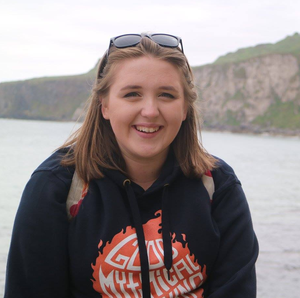31237
Glaciated Landscapes
Description
No tags specified
Module Information
Description
No tags specified
Description
No tags specified
Description
No tags specified
Description
No tags specified
Description
No tags specified
Description
No tags specified
Description
No tags specified
Description
No tags specified
Description
No tags specified
Description
No tags specified

 by
by
